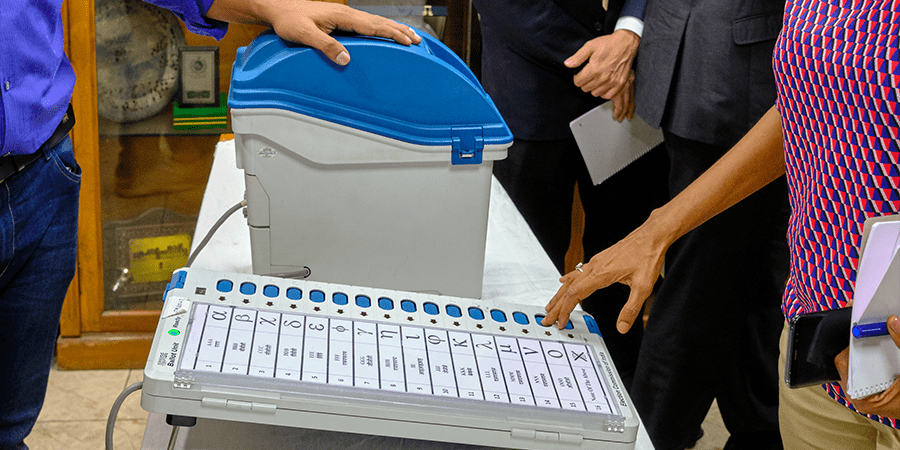
There are 25 million Indian citizens, who are living abroad and the vast majority of them aren’t registered to vote in the world’s largest democracy. Hardly surprising, given the fact that these so-called NRIs have to show up in person in their home constituency on polling day, if they want to take part in the democratic process.
However, now India is all set to streamline the voting process for those, living outside India. It is bound to be welcome news for more than 11 million NRIs across the world that the Supreme Court has approved e-ballot voting for the Indian passport holders abroad, as recommended by the Election Commission. The Apex Court has directed the government to amend laws to put the whole process in place.
In e-voting process, a blank postal ballot paper is emailed to the voter, which is to be filled by an NRI and post it to their constituency. Nevertheless, there is a little risk of manipulation, rigging or violation of secrecy in this system.
This decision also, historically, removes an “unreasonable restriction” posed by Section 20 (A) of the Representation of the People (Amendment) Act of 2010, which required the overseas electors to be physically present in their constituency to cast the vote.
Through this process, NRIs can realise their dream of redefining the political landscape by casting their ballots from where they are, instead of physically coming to India.
The NRI population is 25-million strong, the second largest Diaspora after the overseas Chinese. So far, only a miniscule number of NRIs came to India to cast their votes, considering the expense and time involved.
In a view, the government’s decision to allow NRIs to vote could set the stage for expatriates to emerge as a decisive force in the country’s electoral politics. These additional votes will play a crucial role in state and general elections.
Source:http://www.thehindu.com/news/national/nris-can-vote-through-postal-ballots/article6780906.ece
Team SMA Legal
©2024 SMA Legal